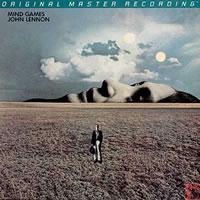|
Aug 01, 2005
|
Sep 01, 2005
|
Sep 01, 2005
|
Sep 01, 2005
|
Sep 01, 2005
|
Sep 01, 2005
|
Sep 01, 2005















